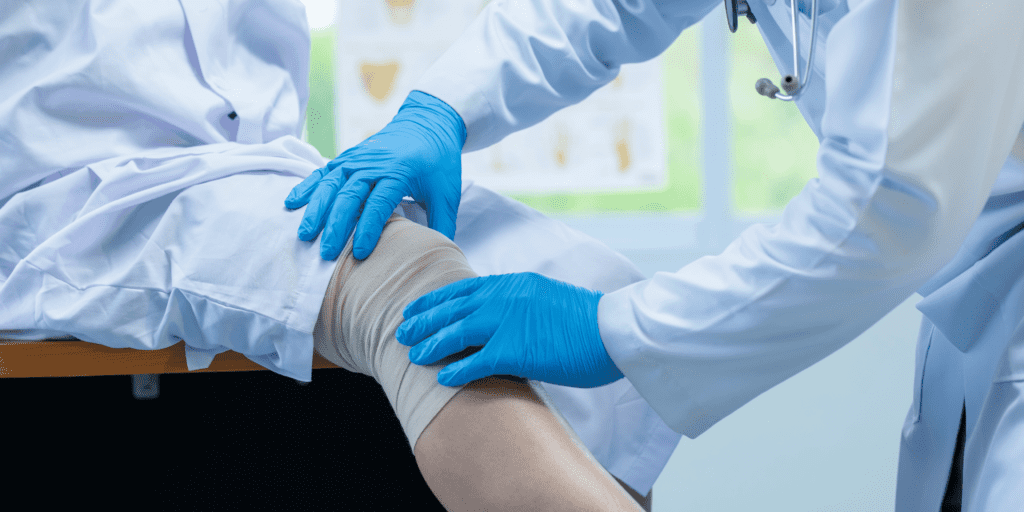Overview
Osteoarthritis (OA) is a chronic joint disease that is characterized by the breakdown of cartilage, resulting in joint pain, stiffness, and limited mobility. It is the most common type of arthritis, affecting millions of people worldwide. While there is no cure for OA, there are various treatment options available to manage its symptoms and improve quality of life.
Here are some key points to know about Osteoarthritis Management
Diagnosis: The first step in managing OA is to get a proper diagnosis from a qualified orthopedic surgeon like Dr Abhishek Tripathi. He will perform a physical examination, order imaging tests like X-rays or MRIs, and assess the severity of your condition.
Non-Surgical Treatment: Depending on the severity of the condition, Dr Tripathi will recommend non-surgical treatment options like lifestyle modifications, physical therapy, medication, and joint injections to manage pain, reduce inflammation, and improve mobility.
Surgical Options: If non-surgical treatments are not effective, Dr Tripathi may recommend surgery. Joint replacement surgery, such as a knee or hip replacement, may be necessary to alleviate pain and improve joint function. Dr Tripathi uses the latest techniques and technology to perform joint replacement surgery with minimal pain and a faster recovery time.
Lifestyle Modifications: Dr Tripathi may suggest lifestyle modifications like losing weight, exercise, and changes in your diet to reduce stress on your joints and manage your symptoms.
Follow-Up Care: After treatment, Dr Tripathi will provide follow-up care to monitor your progress, adjust your treatment plan, and ensure that your condition is well-managed.


FAQs
There is no cure for Osteoarthritis, but with proper management, its symptoms can be effectively controlled.
Surgery is not always necessary for Osteoarthritis management. Non-surgical treatments like medication, physical therapy, and lifestyle changes can help manage symptoms effectively.
The recovery time after joint replacement surgery varies for each patient, but with Dr Tripathi’s advanced techniques and personalized care, patients can typically return to normal activities within a few weeks to a few months after surgery.

